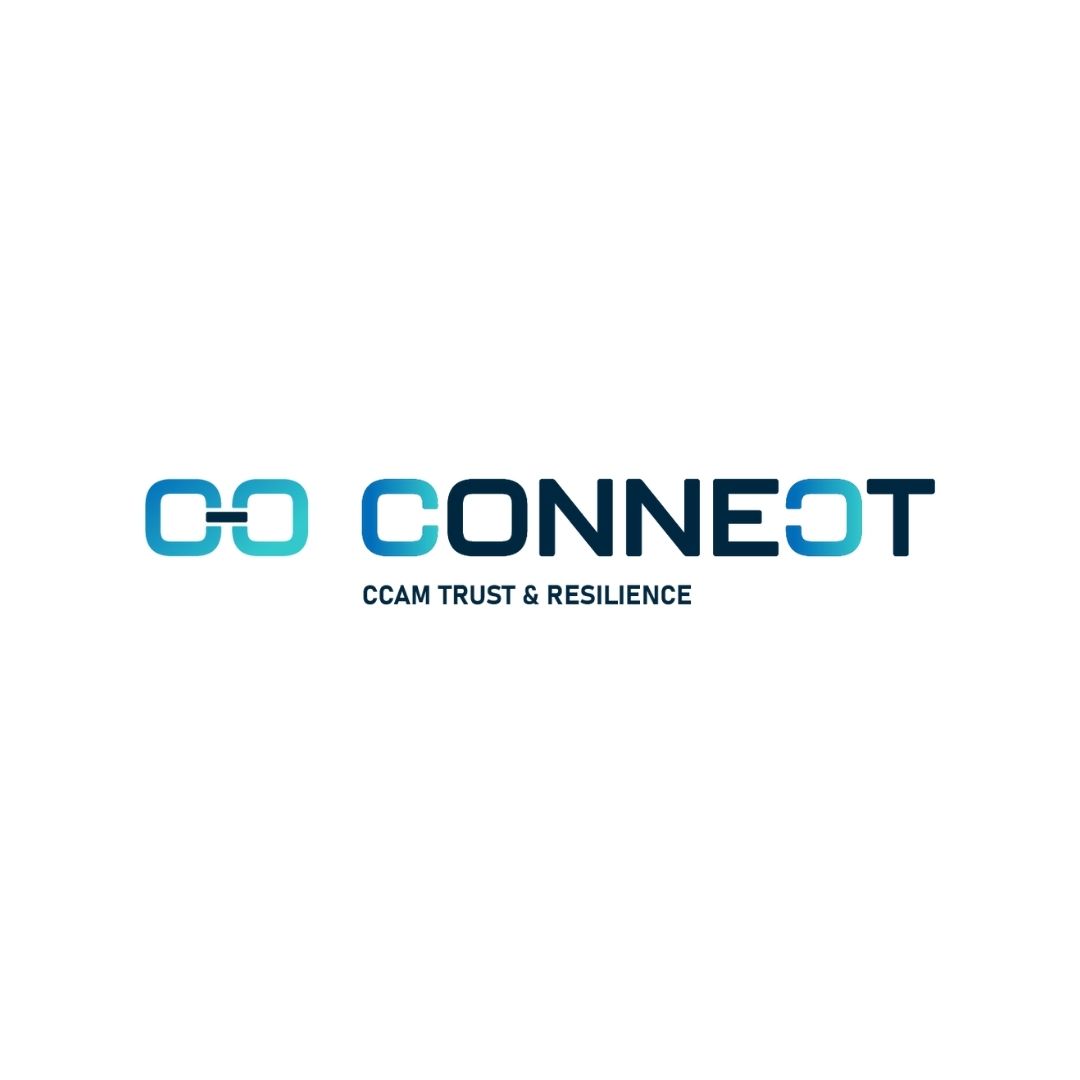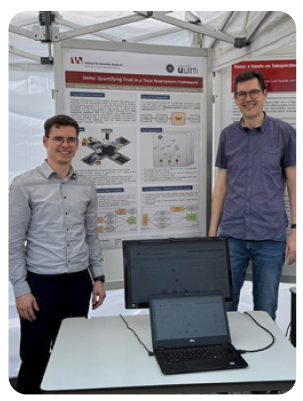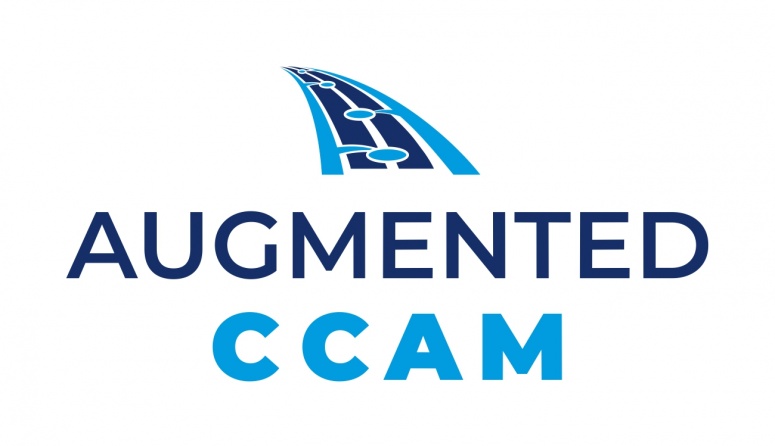CONNECT: Never trust, always verify. Continuous and efficient cooperative trust management for resilient CCAM.

01 CONNECT Project Wrap-Up
The CONNECT project has successfully delivered on its mission: building a secure and trustworthy foundation for next-generation Cooperative, Connected, and Automated Mobility (CCAM) systems. By pioneering dynamic trust assessment and reasoning mechanisms for safety-critical functions, CONNECT has set a new benchmark for embedding trust into automated decision-making— fully aligned with the EU CCAM Partnership’s agenda.
Over the course of the project, CONNECT brought together global automotive experts, research institutes, and SMEs to merge zero-trust security principles with strong verifiability. This effort enabled secure, collaborative use of in-vehicle data, breaking down silos and unlocking new opportunities for cognitive computing across the CCAM ecosystem.
A central achievement was the release of the Trust Assessment Framework (TAF), an open-source solution designed to continuously evaluate system trust levels. By monitoring evidence gathered from custom trust extensions within a Trusted Computing Base, the TAF empowers both researchers and industry to advance secure, transparent, and verifiable CCAM deployments. Its open availability is already fostering collaboration across Europe’s research community, industry adopters, and standardization groups.
CONNECT’s innovations were validated in three real-world scenarios:
- Intersection Movement Assistance (IMA): Demonstrated resilience against perception-based attacks by filtering out untrustworthy data.
- Cooperative Adaptive Cruise Control (C-ACC): Showcased high-speed, flexible trust evaluations with minimal performance trade-offs.
- Slow Moving Traffic Detection (SMTD): Highlighted the importance of reliable evidence sources and careful system design to avoid issues like double counting in distributed architectures.
Through rigorous testing, CONNECT proved its impact on enhancing the resilience, robustness, and trustworthiness of CCAM systems. Importantly, the project went beyond technical performance, exploring the ethical and societal dimensions of trust. Stakeholder feedback confirmed that future CCAM systems must address transparency, accountability, and fairness alongside safety and security.
In conclusion, CONNECT has delivered a comprehensive, multi-layered trust and security framework that not only strengthens CCAM systems today but also sets the course for future innovation.
02 Open-Source Contributions
A cornerstone of CONNECT’s impact is its commitment to open-source development, ensuring that the project’s technical achievements can be widely adopted, extended, and sustained by industry, research, and standardization bodies.
At the heart of this strategy lies the Trust Assessment Framework (TAF) and its trust extensions, designed to deliver continuous, hardware-rooted trust monitoring for CCAM systems. CONNECT’s open-source releases are made available under the Apache 2.0 license, ensuring accessibility, flexibility, and long-term sustainability.
Key Open-Source Releases:
- Trust Assessment Framework (TAF)
The core of CONNECT’s trust architecture, the TAF continuously evaluates system trust levels using evidence from trusted extensions. It provides a flexible foundation for secure decision-making in CCAM and beyond. - Direct Anonymous Attestation (DAA)
Implements privacy-preserving attestation mechanisms leveraging hardware-enabled Roots of Trust (RoTs). This ensures that CCAM components can prove their integrity without disclosing unnecessary information. - UbiTrust Library (Configuration Integrity Verification – CIV)
Provides attestation, credential key management and several cryptographic functionalities such as hashing algorithms, HMACs, KDFs, RNGs, etc. that are agnostic to the underlying secure element. Our attestation mechanisms enhance resilience against tampering and misbehavior while maintaining interoperability across diverse CCAM deployments.
Sustainability and Collaboration
The repositories are maintained by Ulm University and Ubitech, with a long-term commitment to ensuring code quality, accessibility, and further development. CONNECT is also exploring the positioning of TAF as an Eclipse- endorsed framework, aiming for integration within the Eclipse Software Defined Vehicle (SDV) Working Group. This step would further strengthen sustainability while aligning CONNECT’s innovations with Europe’s open-source ecosystem.
03 CONNECT Research Spotlight at IEEE VNC
This year’s IEEE Vehicular Networking Conference (IEEE VNC) — the premier international event for vehicular networking research — provided the perfect stage for CONNECT to showcase its latest breakthroughs.
Representing the project, Prof. Frank Kargl and Artur Hermann from the Institute of Distributed Systems at Ulm University presented CONNECT’s cutting-edge work on trust assessment in connected, cooperative, and automated mobility (CCAM).

A key highlight was their full research paper:
“Quantification Methods for Trust in Cooperative Driving”
The paper introduces innovative approaches to measuring and reasoning about trust in cooperative driving scenarios, addressing one of the most critical challenges for the future of CCAM: how vehicles can reliably decide which data and actors to trust in real time. Alongside the paper, CONNECT also delivered a live demo of the Trust Assessment Framework (TAF), showing how dynamic trust evaluation can be applied to real- world mobility scenarios. Being featured at IEEE VNC — the most important annual gathering for this field — underscores CONNECT’s role as a leader in bringing trustworthy, secure, and cooperative driving closer to reality.
04 Key Publications Shaping the Future of Trust in CCAM
CONNECT’s impact extends beyond technical innovations — we are also shaping the broader conversation on trust, AI, and cooperative mobility. Two major publications, co-created by CONNECT partners, have recently been released:
Roadmap on Trustworthy AI
Emerging from our March workshop, the Roadmap on Trustworthy AI captures the insights and contributions of participants and provides a foundation for future research, policy, and standardization efforts. This roadmap outlines the critical steps needed to ensure AI systems are designed and deployed in ways that uphold trust, transparency, and accountability. It serves as both a reference point and a call to action for researchers, policymakers, and industry stakeholders working on the next generation of trustworthy AI.
5GAA White Paper: ATL and RTL Methodology
The 5G Automotive Association (5GAA) has officially published a White Paper featuring CONNECT’s methodology on Actual Trustworthiness Level (ATL) and Required Trustworthiness Level (RTL). This contribution directly addresses one of the most pressing challenges in cooperative and automated driving: determining how much the data that vehicles rely on can truly be trusted. The methodology introduces a dynamic framework for quantifying trustworthiness based on evidence, operational needs, and safety requirements. It is generic enough to be adapted across different systems and contexts, making it a versatile tool for industry adoption. A detailed case study on Automated Emergency Braking illustrates its practical application. The White Paper also identifies open standardization gaps and proposes directions for harmonizing trust assessment approaches across the mobility ecosystem, helping pave the way toward safer and more resilient connected vehicles.
